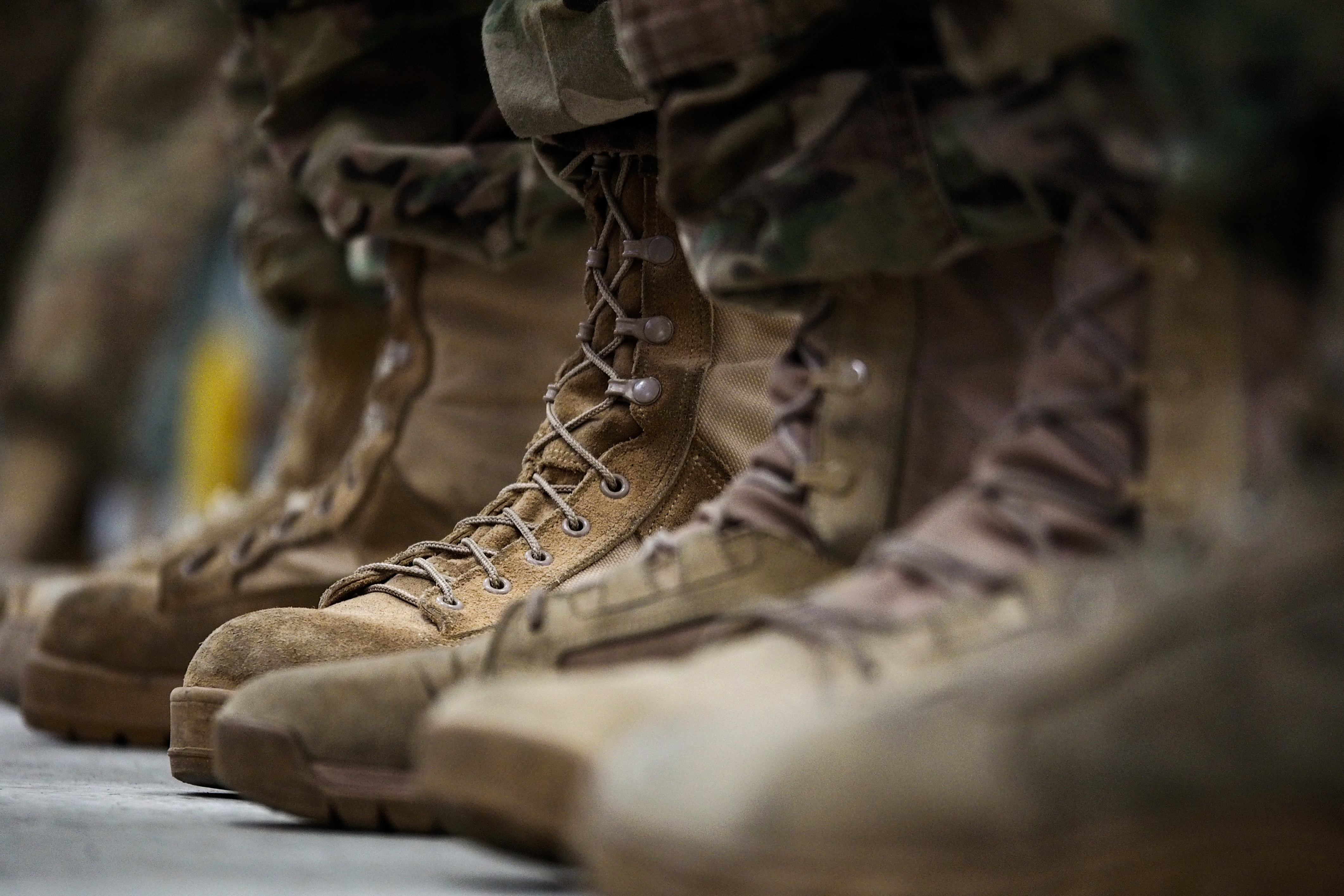by Carl Castro
Double standards exist in the military. Anyone who has served knows this. I am not talking about privileges and responsibilities associated with rank, but rather about differences in accepted moral and ethical standards based on rank.
Senior officers who misuse government funds or sexually assault female subordinates are allowed to retire from the service at the rank they last served “honorably.” In contrast, a sergeant, who has served two combat tours, yet whose urine sample tests positive for an illegal drug will likely be fined, tried and ultimately dishonorably discharged from the military. No attempt will be made to find the rank that they last served honorably. Similarly, a senior officer who violates a general order on a deployment may or may not be demoted, yet allowed to retire honorably, while a junior officer or enlisted service member will likely be tried and dishonorably discharged.
The military admits that this double standard exists and provides as rationale its desire to not “punish” the spouses of the senior officers who would lose all benefits they would have otherwise received.
Fair enough.
But why doesn’t this rationale apply to our enlisted members?
Why is one set of moral and ethical standards applied to officers, while an even higher one is applied to our enlisted members?
This is a double standard that needs to be eliminated. Rights and privileges do exist among the ranks, and rightfully so as responsibilities differ among them. Moral and ethical expectations should not be one of them. This is one standard that should apply equally to all service members, regardless of rank.
Carl A. Castro, PhD
Associate Professor and Director
Colonel, US Army (Retired)








